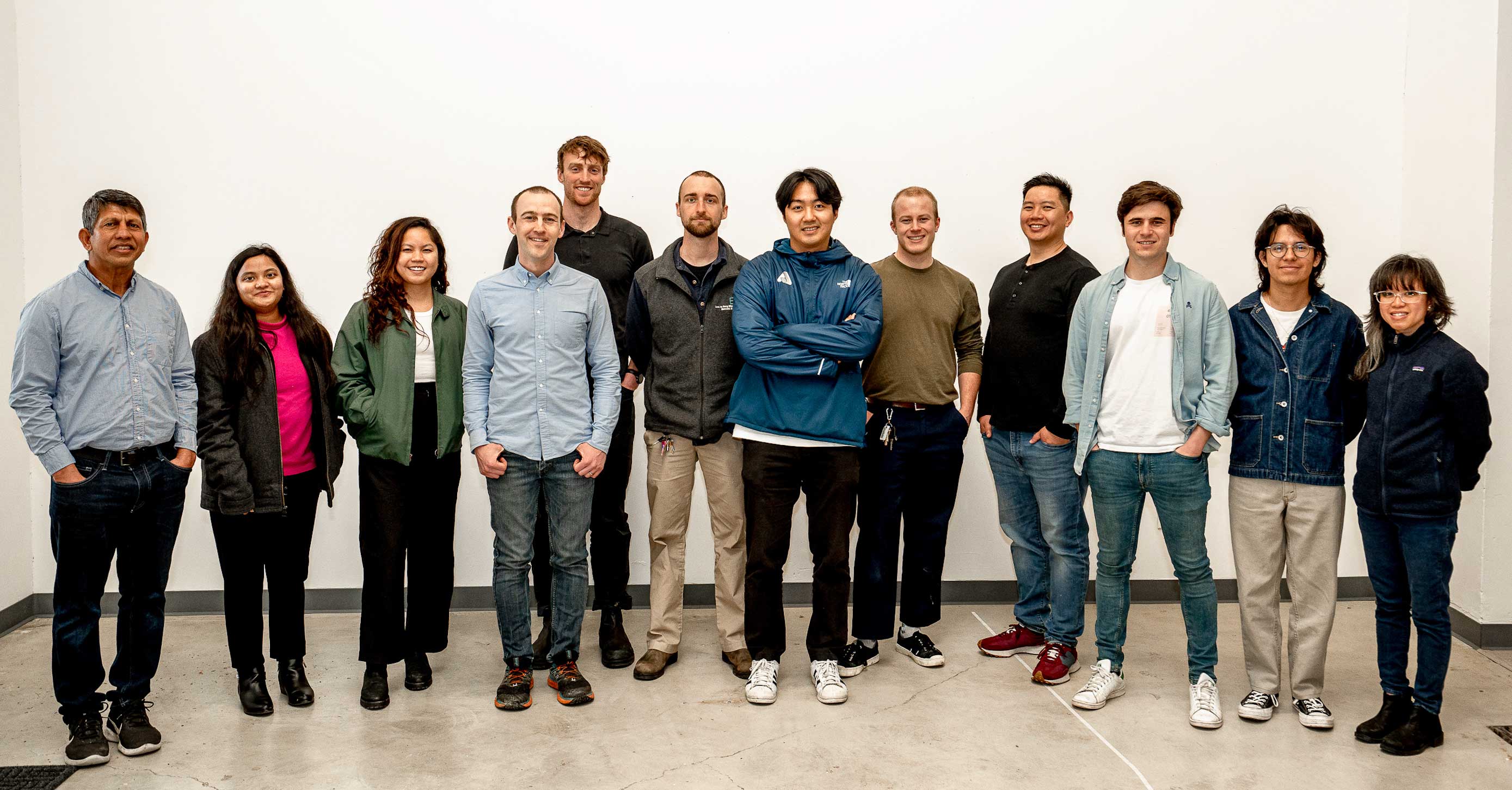Sometimes insurance isn’t just money. Sometimes it’s equipment.
That’s one way to think about direct air capture, a technology which uses machines to pull carbon dioxide straight from the atmosphere. The idea has been floating around for years, but it received a surge of interest in the wake of a 2022 report by the UN Intergovernmental Panel on Climate Change, which said that DAC, as the technology is known, would be essential to achieving net zero carbon emissions.
Several companies are working on the problem, but the hurdles are numerous. Startups have to find suitable places to stash the CO2 or customers to buy it. They also need to make their devices cheap to build and inexpensive to operate.
One company, AirMyne, is betting that its proprietary liquid is the key to overcoming those hurdles. Other companies use liquids to absorb CO2 as well, but when it comes time to release the gas, they have to use high-temperature heat.
Because of the quirks of the chemical reaction involved, high-temperature regeneration cycles can be more efficient. But heat that intense can be hard to come by, which is why AirMyne developed its liquid to regenerate, or release its CO2, using low-temperature heat that’s just 100-130 degrees C (212-266 degrees F).
AirMyne’s low-temperature heat requirements mean its overall process could prove to be less efficient than a high-temperature approach, but co-founder and COO Mark Cyffka believes it gives his company a better chance to grow and scale.
“It’s flexible. When you’re at that pilot stage and you’re trying to make your first pilot, now you can use low-temperature heat from electricity, you can use it from industrial waste heat, you can use it from geothermal,” he told TechCrunch.
The company is exploring different configurations for the entire system. The collectors will likely be modular, and from those, the liquid will flow to a large, centralized column for regeneration, similar to the type used in large chemical plants, the sort that Cyffka worked on when he was at BASF. The Y Combinator alumnus is currently testing around 30 prototypes, he added.
The key component in AirMyne’s liquid appears to be one or more variants of quaternary ammonium compounds, according to patents the company has been granted. Quaternary ammonium is a class of compounds that are widely used in a range of applications, including hand sanitizers, hair care products and fabric softeners. Interest in them as a CO2 sorbent has surged recently, in part because they’re widely available, relatively stable and don’t require high heat to release the captured CO2. In some preparations, they also release CO2 when they encounter near saturating humidity, offering another way to control regeneration of the liquid.

The ability to use heat from geothermal energy, Cyffka said, is helpful. “It also critically gives you this path to big scale, which I think a lot of the other approaches are going to have a hard time with if they stick with electricity. Geothermal is a really promising pathway for where DAC needs to go.”
Along those lines, the company is working with Fervo, pairing its carbon capture system with the geothermal startup’s advanced geothermal project in Utah. With the CO2 that it has captured in its lab so far, it has sent samples to CarbonBuilt, the low-carbon concrete company, and Rubi, which makes textiles from CO2.
In 2026, AirMyne is planning to deploy its carbon capture technology to a sequestration site in San Joaquin County, California, where it will be injected underground. To get there, the company recently raised a $6.9 million seed round, TechCrunch has exclusively learned.
AirMyne’s use of low-temperature heat could open the door for its technology to be used at a wide range of sites, from geothermal installations to chemical refineries, breweries and more, though the final tally might be limited by the ultimate size of its regeneration column. The liquid-based system will also require large amounts of water — from one to seven tons per ton of carbon captured — as some of it inevitably evaporates when it contacts the atmosphere. That might preclude its use in dry regions like the American Southwest.
Still, the demand for carbon capture is likely to be so large that the market will have space for several different companies. AirMyne’s inherent compatibility with geothermal might be what helps it carve out a decent-sized niche.
Investors in the round included Alumni Ventures, Another Brain, Liquid 2 Ventures, EMLES, angel investor Justin Hamilton, Impact Science Ventures, Soma Capital, Wayfinder and Y Combinator.
Update 4:29 pm ET: After publication, Cyffka clarified that AirMyne is not using quaternary ammonium compounds, instead the company’s chemistry uses “inorganic ionic base, promoters, and a phase transfer catalyst.”































Comment